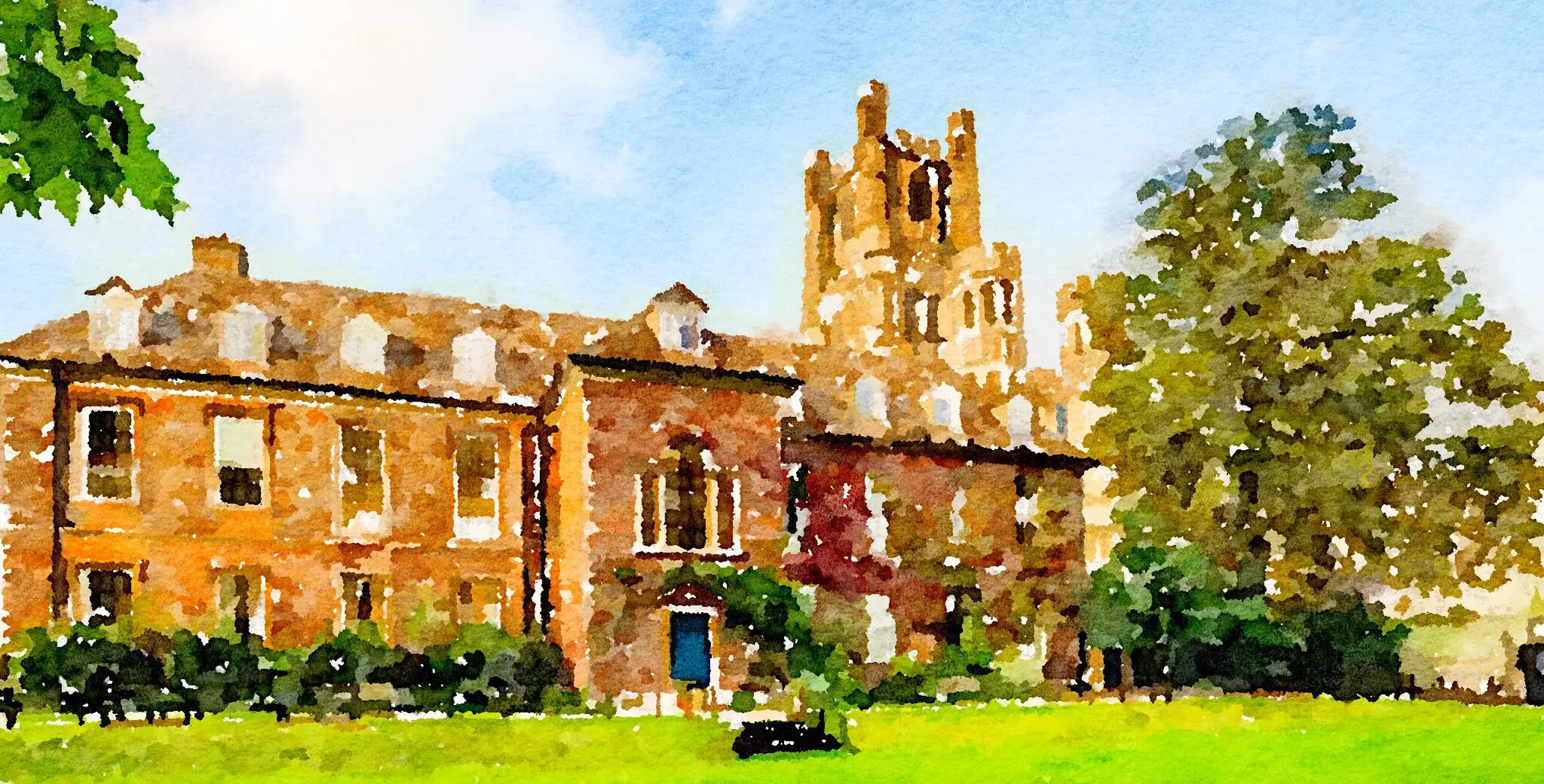Welcome to King's Ely Admissions.
From your first call, to your child's first day, we are here to assit you in whatever way we can.
Our role is to make the Admissions Process as smooth, supportive and informing as it can be. No question is too small. No worry too insignificant.
We begin from the point of making sure that King's Ely is the right school for each student and then we navigate, at a pace to suit each application , towards the offer, and acceptance of a place.
Subject to availability and assessment outcomes, admissions to King's Ely is welcomed in all year groups, with our most popular points of entry being into our Nursery, Reception, Years 3, 7, 9 and Sixth Form.
We look forward to hearing from you and to introducing you to all that King's Ely has to offer.

Mr Nick Tappin
Director of Admissions
"We knew we had 'found the one' on our first visit to King's Ely. It's not just the beauty and history of the buildings, the majesty of the Cathedral nor the politeness of the students but the overwhelming sense of family and homeliness. The staff are so very kind and thoughtful and it was clear to us that they have the children's best interests at heart."
Mrs Warwick, Year 9 2023
Open Event Dates
Open events are the ideal opportunity to be introduced to the school and to meet staff and pupils.
We are pleased to announce the following Open Event dates.
Saturday 20th September 2025
Nursery and Pre-Prep (Age 2 to Year 2)
Prep (Years 3 to 8)
Senior (Years 9 and Sixth Form)
Saturday 11th October 2025
Sixth Form
*Please book your place using the booking form.
School Tours
If you’re interested in a personalized tour of a particular section of our school, please reach out to our Admissions team using the enquiry form. We look forward to welcoming you and tailoring a visit to suit your interests.
ENQUIRY FORM >
Click to discover
There’s never a dull moment at King’s Ely, here we showcase just some of our recent activities
ACTIVITIES
A JOURNEY THAT IS
Uniquely King's
- PURPOSE
- PRACTICE
- PLACE
- PEOPLE











































